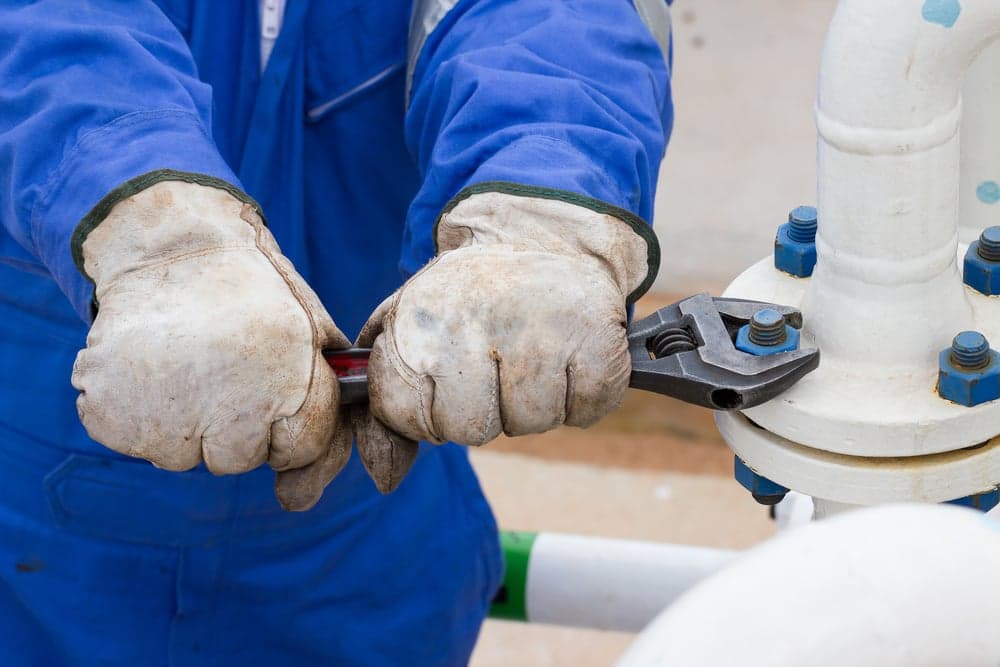Canada’s pool of oil and gas workers is shrinking as many displaced workers search for opportunities in other industries, and a growing negative perception regarding the industry’s viability is discouraging new entrants.
As the oil and gas industry struggles to become sustainable in a price slump, it is experiencing some notable shifts in labour requirements, a skills mismatch and a shrinking labour force, according to a new report by PetroLMI, a Division of Canada's Enform.
Workforce Insights: Impacts of the Oil and Gas Downturn on the Future and the Attitudes of Workers, examines the impacts of a contracting oil and gas industry on 864 survey respondents and is the largest PetroLMI survey to date of the industry’s labour supply.
The study found that Canada’s pool of oil and gas workers is shrinking as many displaced workers search for opportunities in other industries, and a growing negative perception regarding the industry’s viability is discouraging new entrants.
At the same time, while large numbers of highly specialized, educated and skilled workers remain unemployed, sectors that are beginning to rebound, such as the oil and gas services sector, are trying to address a skills shortage.
“There is a growing mismatch of worker skills and what is required by industry. Industry is just beginning to assess and discuss the implications that productivity enhancements, including the use of new technologies … is having on occupational and skills requirements,” said Enform’s Carol Howes, Vice President of Communications and PetroLMI.
In order for the oil and gas industry to maintain profitability and be competitive, labour productivity improvements and innovation and technology will be required, having a significant impact on occupations and the skills required in the future.

